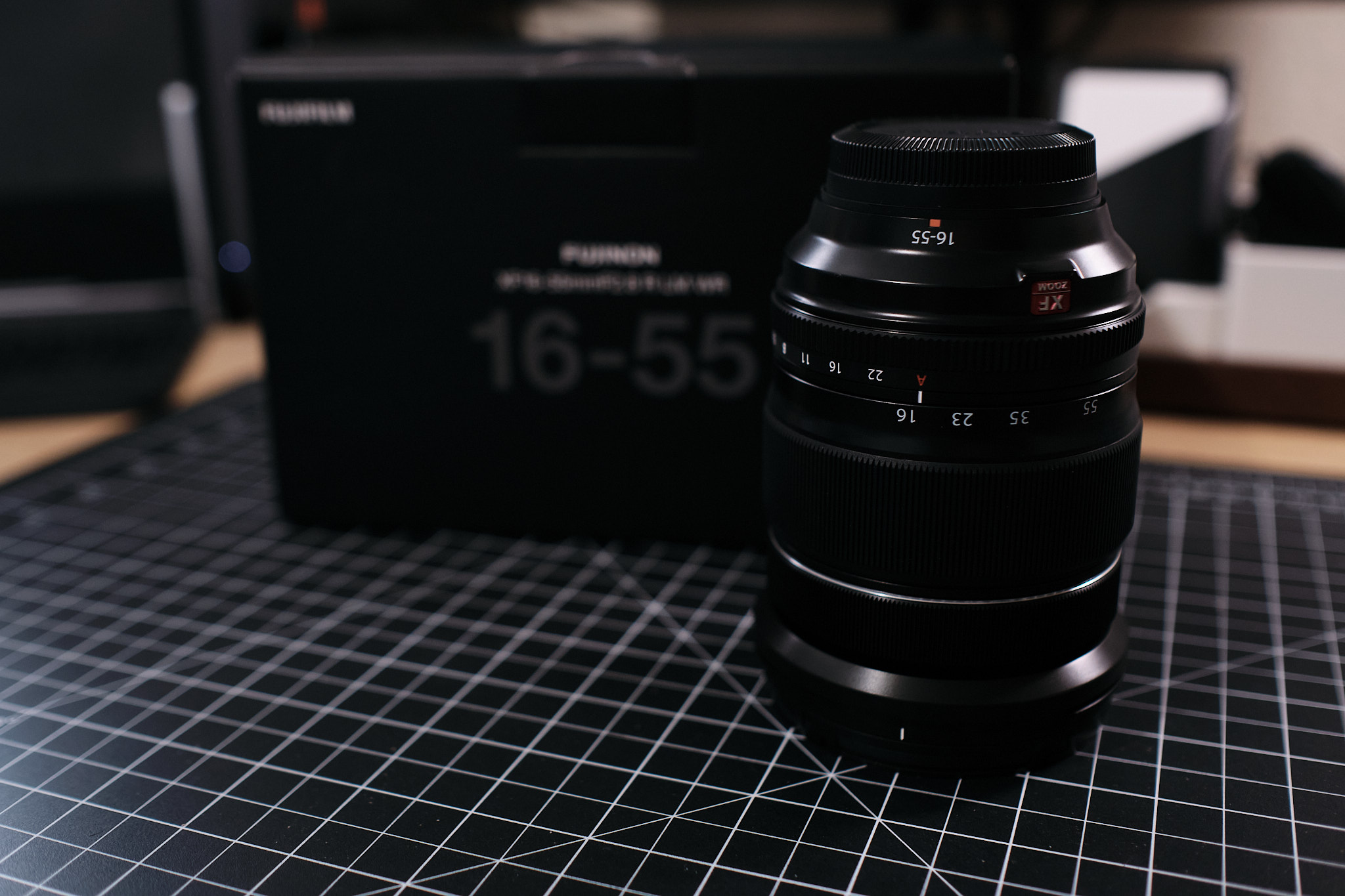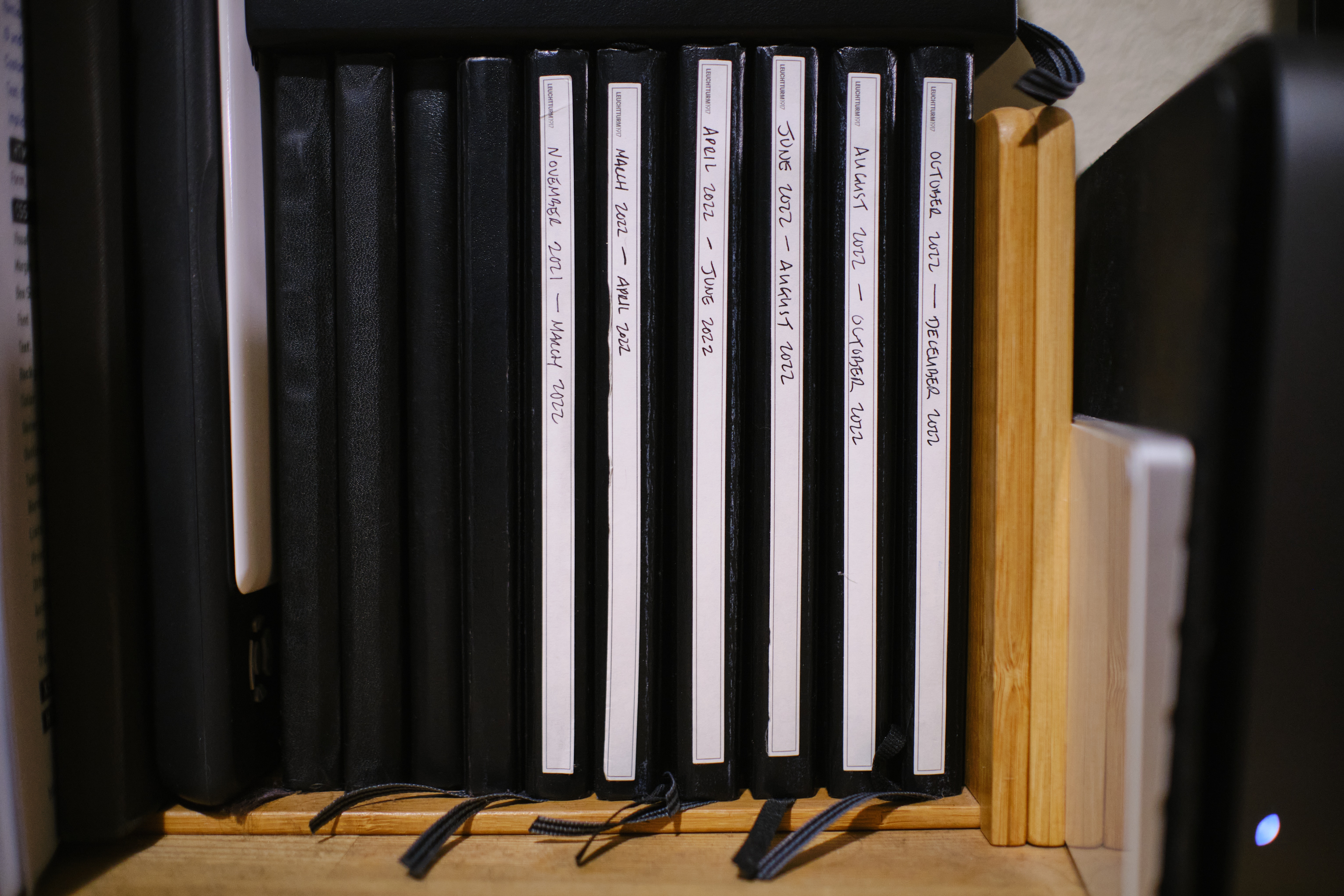
Year of the Sketchbook
- Journal
I finished six notebooks last year, and I have every intention to finish more this year. Writing in my notebooks has become one of my most valuable activities, and the thought of living without them frightens me. I’ve been journaling for a long time, but my decision to do them in these Leuchtturm1917 notebooks last year was a good one. The size, the paper quality, the numbered pages—I love all of it.
In my Year in Reading post, I mentioned that I began to use my notebooks as a commonplace book. That decision changed many things for me: it improved my reading, it clarified my thinking, and it ingrained my notebooks deeper into my life.
That last one is something I’ve been working toward since I first learned about Leonardo da Vinci in the 5th grade. Leonardo da Vinci was a magnificent son of a bitch, someone who opened my tiny little child mind to a wider world of possibility. At that age, my entire identity revolved around my skills as an artist. I could draw really well, and when I saw photos of da Vinci’s notebooks, I realized that I needed to keep notebooks, too, because I wanted to be just like him. If da Vinci sketched in a notebook, I wanted to sketch in a notebook, too.
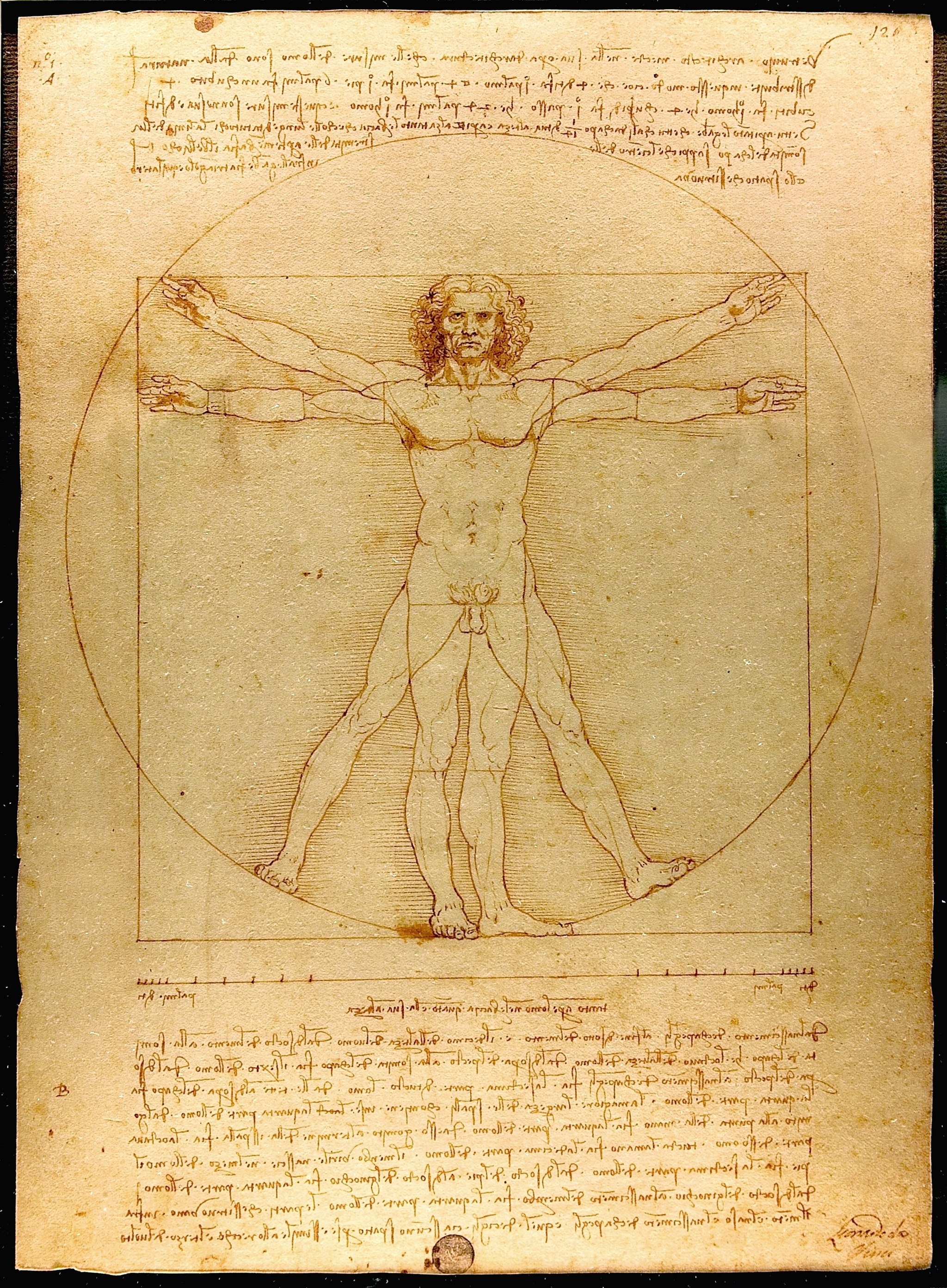
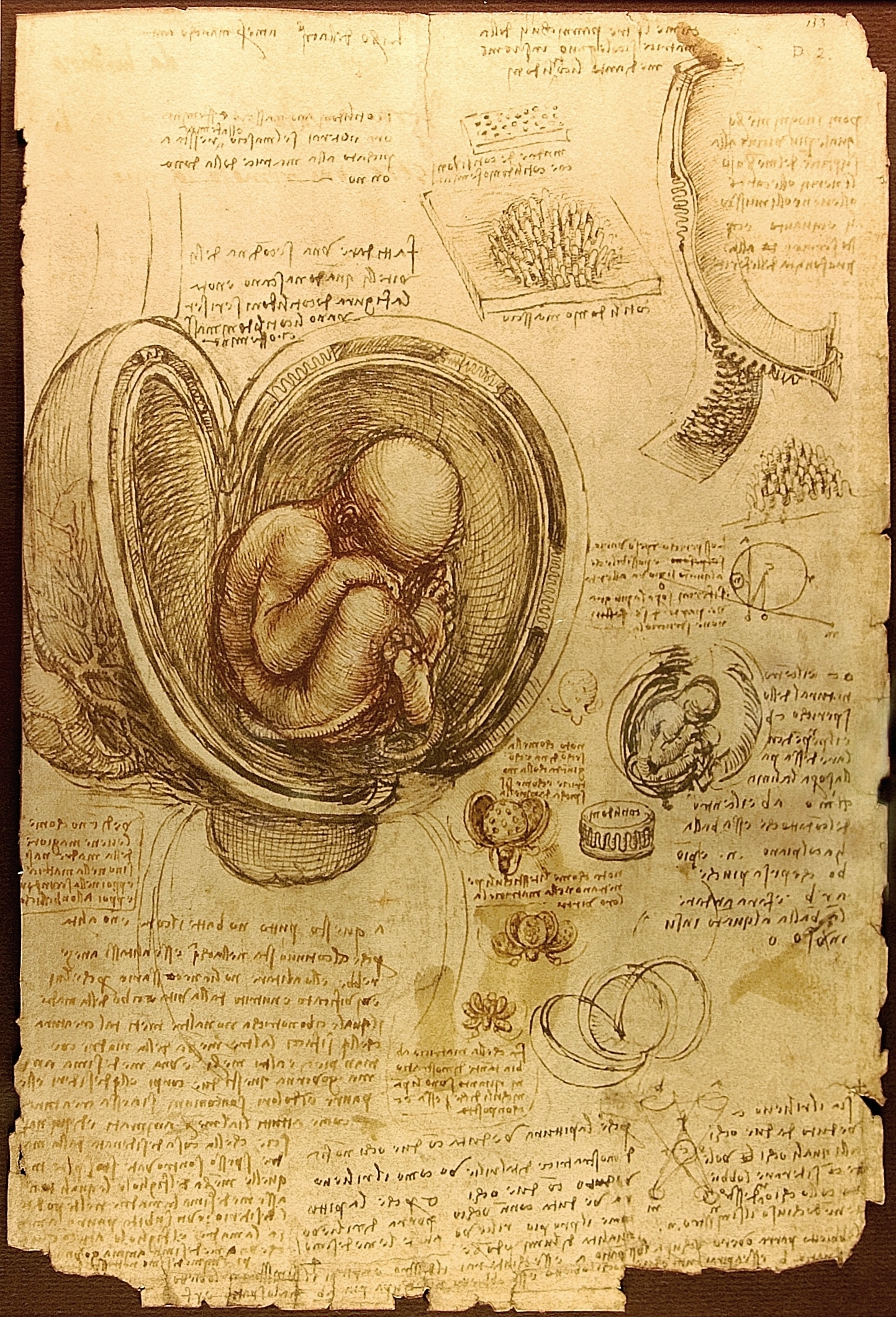
Leondardo da Vinci, Public domain, via Wikimedia Commons
As I grew older, and as the darkness of the world began to overwhelm me, I stopped drawing and I started writing. Writing helped me combat these demons, and when I became quite good at that, my entire identity changed and revolved around writing. I wrote a lot during high school, and that helped me get into a good university where I would continue to write. At this state of my life, I considered myself a writer, an affixation that has stuck with me ever since.
During college and throughout most of my twenties, I used the classic pocket notebooks from Moleskine. Each pocket notebook took me a few years to finish but finish them I did. During the second half of my twenties, I became a minimalist, and so many of my thoughts during that time were focused on simplicity. I wanted to simplify everything, and that included my notebooks. I learned about these popular memo books from Field Notes, and those felt perfect for me, so I used those to write in up until my mid-thirties. I loved my Field Notes notebooks. They were small, they fit in my back pocket, and they didn’t take very long to finish.
But they weren’t quite right. That idea of emulating da Vinci had never left me, and I feel like it’s time I do something about it. If 2022 was the year of the commonplace book, I want 2023 to be the year of the sketchbook.
Sure, but what does that mean?
I’m glad you asked! Because I have collected some images of notebooks I like. When I was playing through The Last of Us Part II back in 2020, I wrote that Ellie’s notebook pages were beautiful, a sentiment I still hold. Look at them:
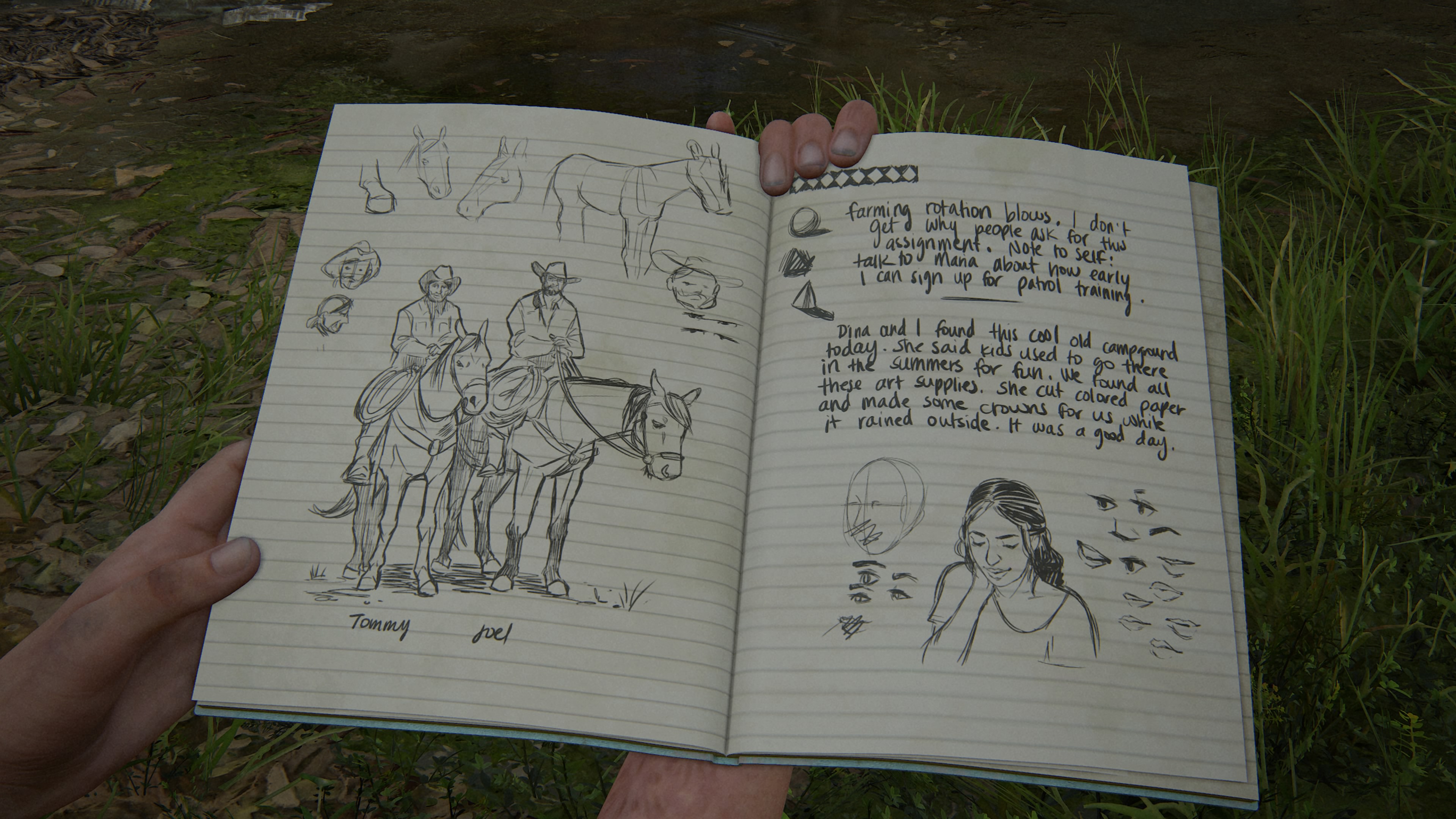
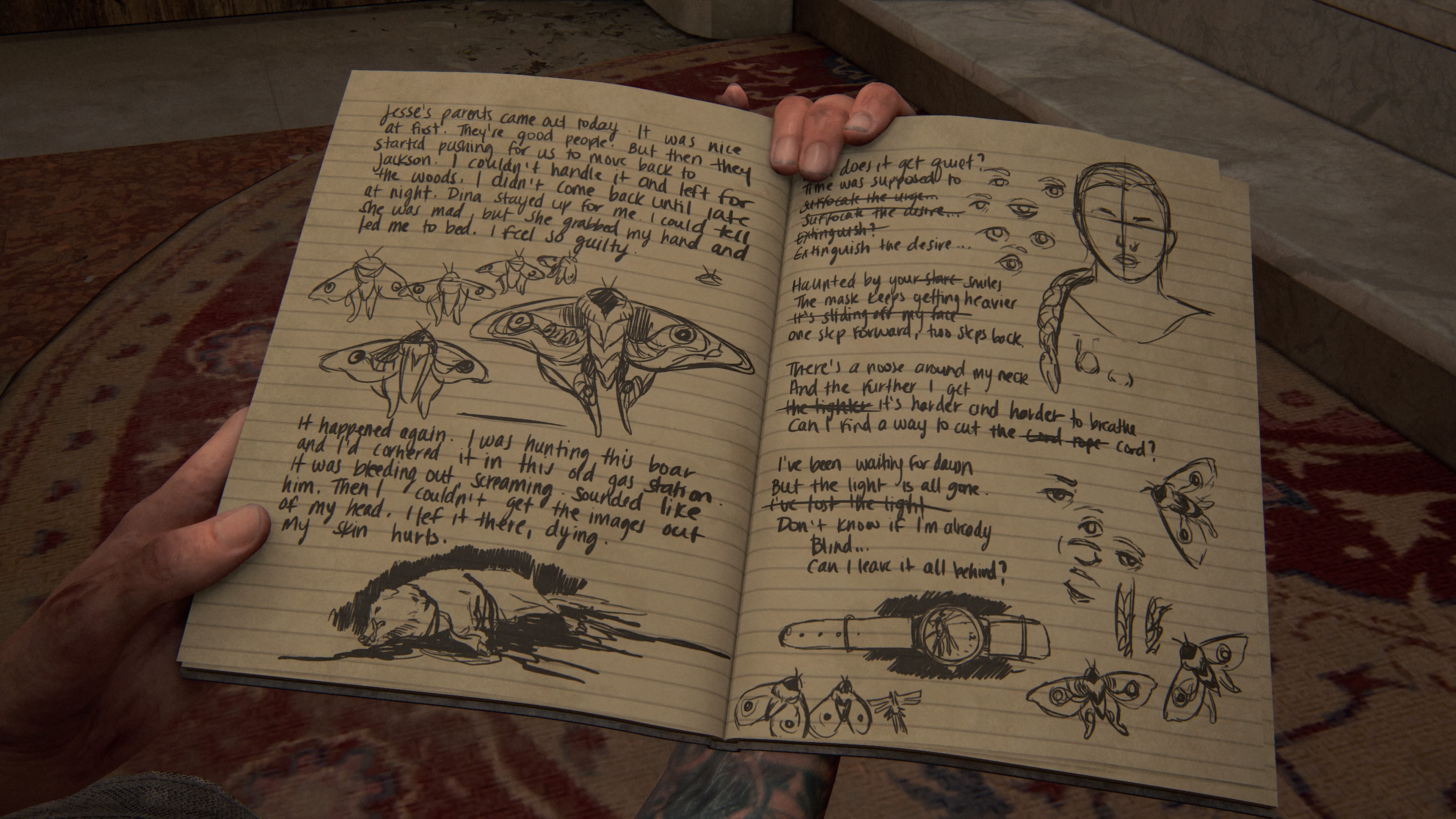
The sketches, the notes, the beauty—oh, be still my heart. One of my behaviors I want to change is this idea of being “perfect.” I made progress on this front last year, but I’m not quite where I want to be because I still feel hesitation when I even think about picking up my pencil to sketch in my notebook. But look at Ellie’s pages again. Look at her draw guidelines to draw her faces, her multiple attempts to draw eyes, her attempts to understand how a horse looks in various angles—this is what I do when I journal. I explore, I analyze, I cross out and try again.
In short, I sketch, but in words… so why not sketch in pictures, too? (lol)
Or look at Nathan Drake’s journal from another Naughty Dog game, Uncharted:
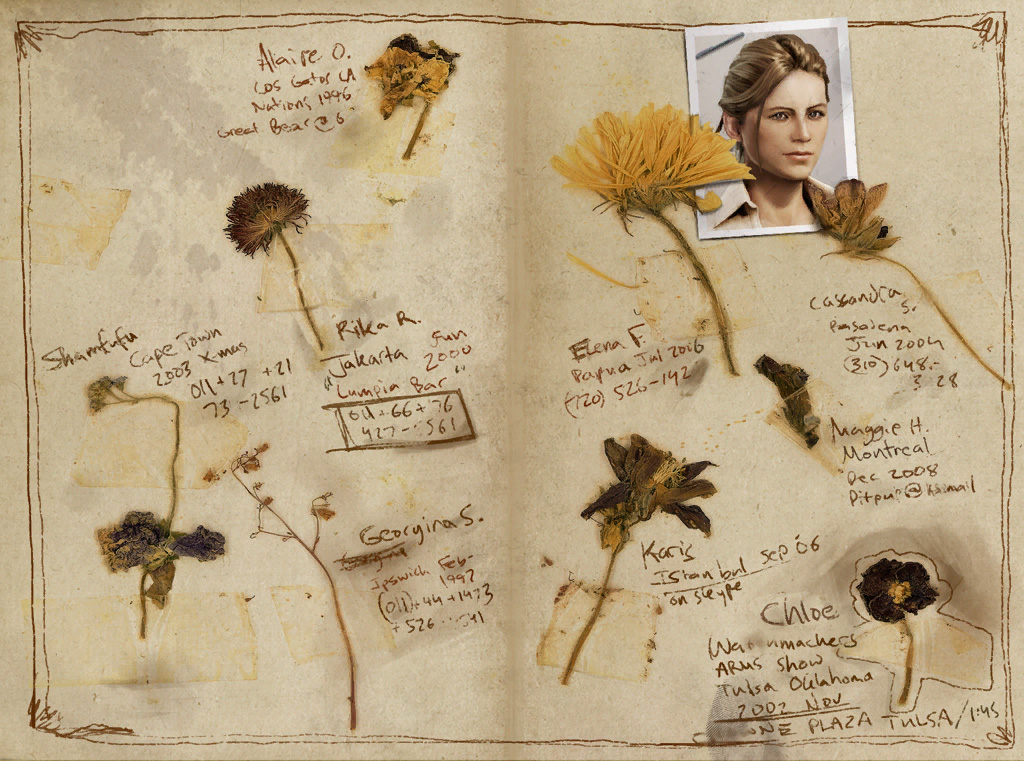
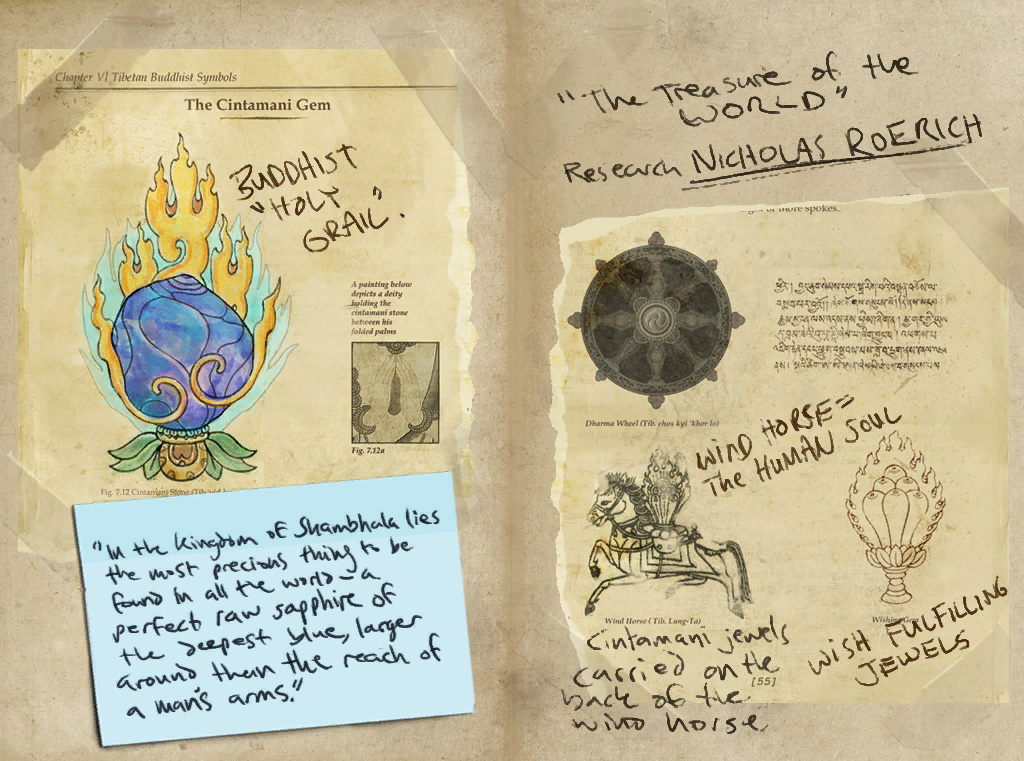
Look how messy they are: plants are taped to the pages and dying, a photo is stapled to the page, pages from books are cut out, taped, and written over. They’re so messy… and yet, I find these spreads so beautiful. There’s a soul to them I feel my notebooks are missing. My notebooks are filled with pages and pages of my bad handwriting, bad handwriting that has helped me in so many ways, sure, but… I want more.
I want to sketch; I want to figure out how to draw the same face from multiple angles; I want to sketch buildings and landscapes and animals and whatever else; I want to mess up and cross things out and be okay with that; I want to tape scraps of whatever onto the page and be okay with that, too.
In short, I want to do more than just write in my notebooks. I want to be more like Leonardo or Ellie or Nathan or that little shit in 5th grade who first learned about Leonardo da Vinci and wanted to be just like him. I want to be messy and curious and happy to simply be alive, and I want to express all of that in my notebooks, these little books of joy.
That’s what I want to do this year. That’s what I want to attempt to do this year, this year I’m calling the “Year of the Sketchbook.”
I hope I can make that little shit proud…
